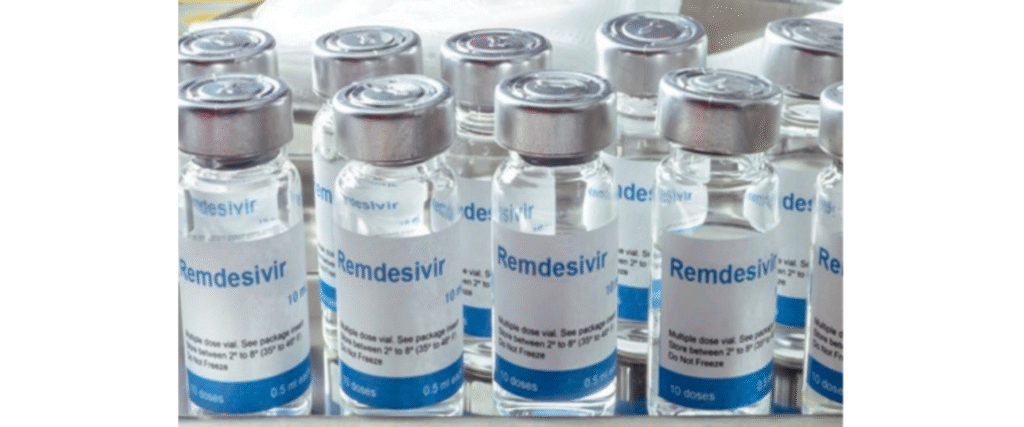In a significant step to address India’s surging demand for COVID-19 medicines, Wardha-based Genetek Lifesciences Pvt. Ltd. was authorized to manufacture the antiviral drug Remdesivir, considered a critical treatment for severe coronavirus cases. The authorization came at a time when hospitals across the country faced an unprecedented shortage of the injection.
Production at Genetek Lifesciences Wardha facility began immediately under a loan licence arrangement. The company scaled up operations with the capacity to produce 30,000 to 40,000 vials per day, and the first batches were prepared for distribution within a fortnight. Priority distribution was directed towards hospitals across the Vidarbha region, which had been among the hardest hit during the second wave of the pandemic.
The urgency for expanded production arose from the rapid escalation of COVID-19 cases. In April 2021, India reported record-breaking daily infections and deaths, placing healthcare systems under severe pressure. Although Remdesivir was not a cure, it had been widely used by clinicians as part of treatment regimens for moderate to severe cases, making steady availability essential.
To meet national requirements, Gilead Sciences, the original patent holder of Remdesivir, extended voluntary manufacturing licence to Genetek Lifesciences. This collaboration enabled the Wardha facility to quickly mobilize and contribute to the overall supply chain during the crisis.
Industry observers noted that with the Genetek Lifesciences unit operational, the Vidarbha region no longer had to depend entirely on supplies from other states. The move strengthened local healthcare preparedness and alleviated logistical challenges related to sourcing the drug from distant manufacturing hubs.
The manufacturing licence granted to Genetek was valid for several years, establishing the company as an important contributor to India’s pharmaceutical production network. The development was regarded as a vital step in reinforcing the country’s capacity to respond to medical emergencies and demonstrated the ability of regional manufacturers to scale up quickly in times of national need.

